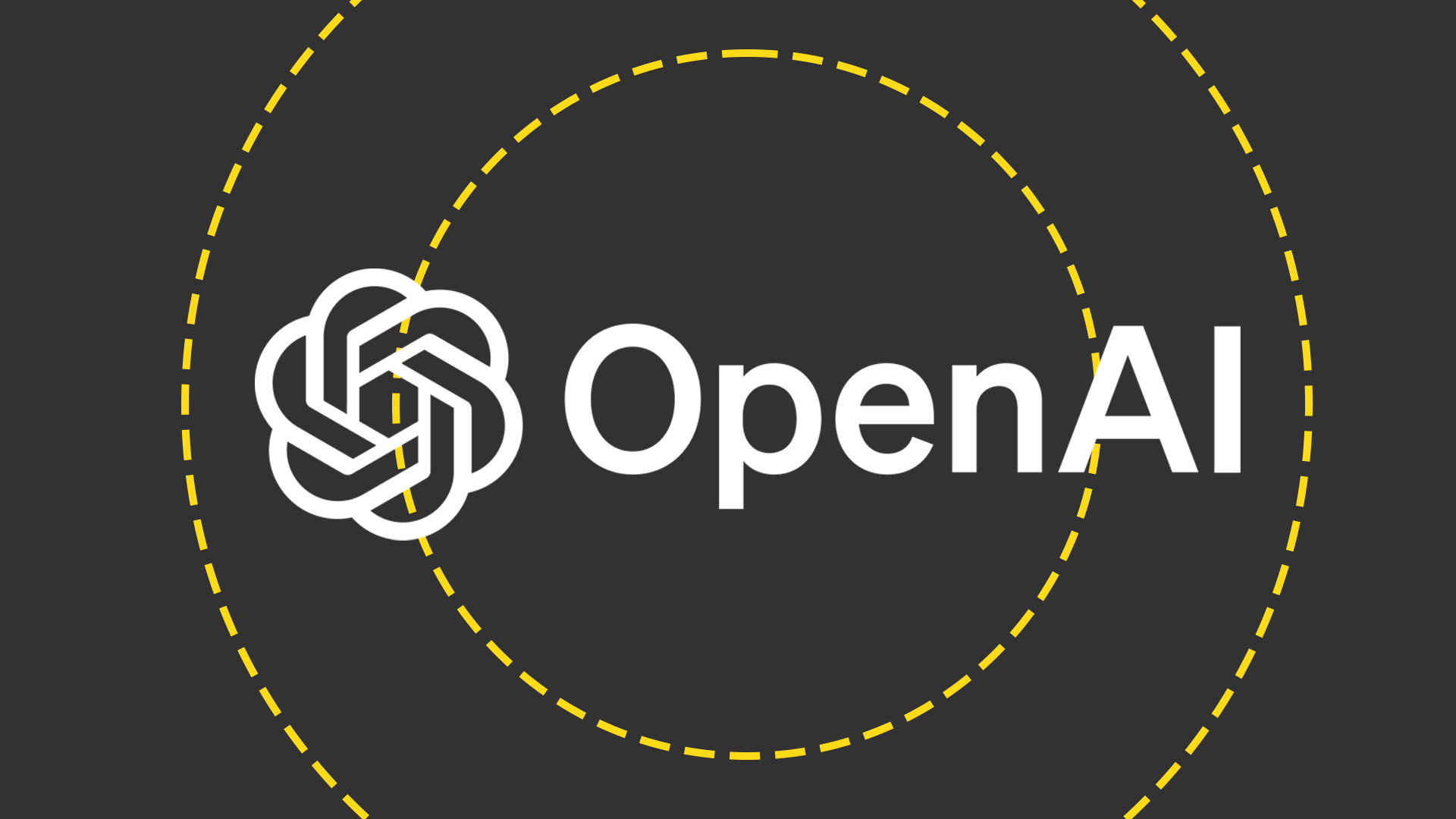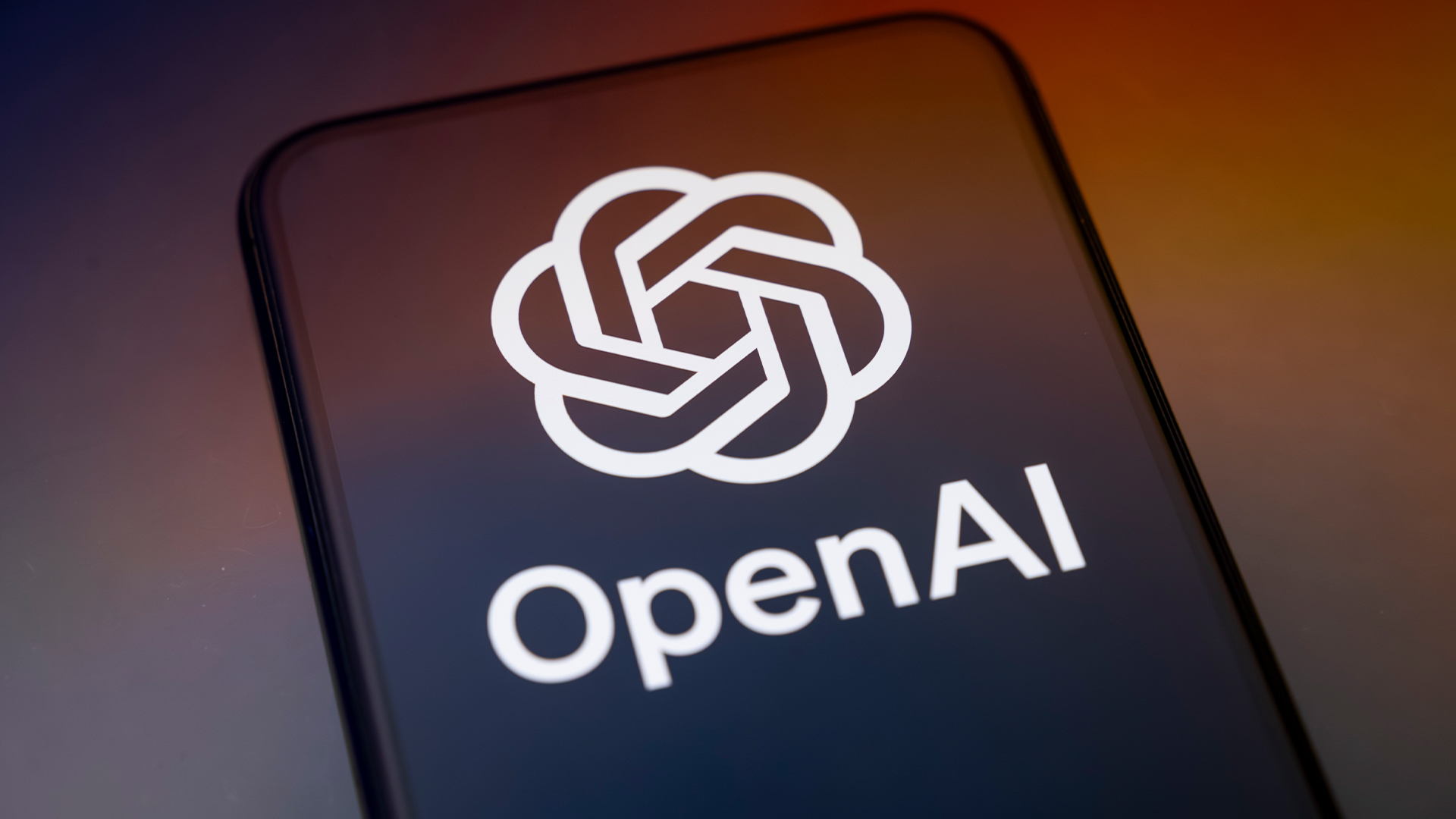OpenAI wants to simplify how developers build AI agents
The firm’s announcement follows similar releases from other companies targeting agent development


Sign up today and you will receive a free copy of our Future Focus 2025 report - the leading guidance on AI, cybersecurity and other IT challenges as per 700+ senior executives
You are now subscribed
Your newsletter sign-up was successful
OpenAI is releasing a set of tools and APIs designed to simplify agentic AI development, the company has revealed.
While the company has already added new capabilities to support agentic workflows, OpenAI said customers have found it challenging to use these capabilities in production, owing to extensive prompt iteration and custom orchestration logic.
The firm's new ‘Responses API’ aims to solve these problems, along with an ‘Agents Software Development Kit (SDK),’ new search tools, and new integrated observability tools, all aimed at supporting agent development.
The Responses API integrates with OpenAI’s existing ‘Chat Completions API’ and ‘Assistants API’ to assist in agent construction, while the Agents SDK helps users orchestrate both single and multi-agent workflows.
Built-in search tools include a web search and file search function, as well as a computer use function, while users can now take advantage of observability features.
“These new tools streamline core agent logic, orchestration, and interactions, making it significantly easier for developers to get started with building agents,” OpenAI said.
The firm also plans to release additional tools and features soon aimed at simplifying and speeding up agentic development on the OpenAI platform.
Sign up today and you will receive a free copy of our Future Focus 2025 report - the leading guidance on AI, cybersecurity and other IT challenges as per 700+ senior executives
How do the new OpenAI tools work?
Responses API is designed to work with the search functions so that it can draw from the real world and more effectively complete entire tasks.
Its focus is primarily on third-party integration and is aimed at developers who want to bring OpenAI’s technology and agentic capabilities into their applications without having to use several APIs or external vendors.
The API can draw on up-to-date public context from the internet via the web search tool or on internal proprietary business context using the file search tool.
While the web search function has been useful in instances such as the creation of shopping assistants, research agents, and travel booking agents, OpenAI said the file search tool could be deployed in customer service and legal capacities.
Web search is priced at $30 and $25 per thousand queries for GPT‑4o search and 4o-mini search respectively. File search is available at a usage price of $2.50 per every thousand queries.
Similarly, file storage is priced at $0.10 per gigabyte (GB) per day, though the first GB is free.
Through the computer use function, Responses API can be used to create agents that perform functions on a computer using interactions like mouse clicks and keyboard strokes. This works in tandem with the model that enables OpenAI’s ‘Operator’ agent.
Computer use function usage costs $3 per each 1 million input tokens and $12 per each 1 million output tokens.
To manage agents once they’ve been developed, the new Agents SDK gives users ‘handoff’ functionality to transfer control between agents, as well as guardrail features for safety and validation checks.
Agents SDK also brings with it tracing and observability functionality so that developers can see how agents are performing and executing tasks, allowing them to debug and optimize accordingly.
OpenAI jumps on the ‘DIY’ agent trend
OpenAI is the latest in a string of firms to bring users the tools they need to build agents and agentic functionality, building on a market trend towards ‘do-it-yourself’ agent development.
Earlier this month, Databricks rolled out new tools to assist businesses in the deployment, monitoring, and integration of agentic tools.
The offering included centralized governance for AI model management, tools for simplified integration of chatbots and custom applications in third-party tools, and an agent evaluation tool.
Similarly, earlier this year Workday released its ‘Agent System of Record’ designed to lessen the burden of managing agentic AI systems.
RELATED WHITEPAPER

The tools allow IT leaders to on-board agentic workers, define the roles of those agents, manage their access to business data and systems, and gain visibility into agent activity.
Some of the bigger tech firms have made similar moves, with AWS putting agentic building capabilities into its Amazon Bedrock platform as part AWS re:Invent 2024.
‘Amazon Bedrock Agents’ gives customers the tools to not just develop their own agents, but also orchestrate whole teams of agents to complete complex workflows.
MORE FROM ITPRO

George Fitzmaurice is a former Staff Writer at ITPro and ChannelPro, with a particular interest in AI regulation, data legislation, and market development. After graduating from the University of Oxford with a degree in English Language and Literature, he undertook an internship at the New Statesman before starting at ITPro. Outside of the office, George is both an aspiring musician and an avid reader.
-
 Microsoft Copilot bug saw AI snoop on confidential emails — after it was told not to
Microsoft Copilot bug saw AI snoop on confidential emails — after it was told not toNews The Copilot bug meant an AI summarizing tool accessed messages in the Sent and Draft folders, dodging policy rules
-
 Cyber experts issue warning over new phishing kit that proxies real login pages
Cyber experts issue warning over new phishing kit that proxies real login pagesNews The Starkiller package offers monthly framework updates and documentation, meaning no technical ability is needed
-
 Kyndryl wants to help enterprises keep AI agents in line – and avoid costly compliance blunders
Kyndryl wants to help enterprises keep AI agents in line – and avoid costly compliance blundersNews Controls become machine‑readable policies that AI agents can read and must obey
-
 Want to deliver a successful agentic AI project? Stop treating it like traditional software
Want to deliver a successful agentic AI project? Stop treating it like traditional softwareAnalysis Designing and building agents is one thing, but testing and governance is crucial to success
-
 OpenAI's Codex app is now available on macOS – and it’s free for some ChatGPT users for a limited time
OpenAI's Codex app is now available on macOS – and it’s free for some ChatGPT users for a limited timeNews OpenAI has rolled out the macOS app to help developers make more use of Codex in their work
-
 Amazon’s rumored OpenAI investment points to a “lack of confidence” in Nova model range
Amazon’s rumored OpenAI investment points to a “lack of confidence” in Nova model rangeNews The hyperscaler is among a number of firms targeting investment in the company
-
 OpenAI admits 'losing access to GPT‑4o will feel frustrating' for users – the company is pushing ahead with retirement plans anway
OpenAI admits 'losing access to GPT‑4o will feel frustrating' for users – the company is pushing ahead with retirement plans anwayNews OpenAI has confirmed plans to retire its popular GPT-4o model in February, citing increased uptake of its newer GPT-5 model range.
-
 ‘In the model race, it still trails’: Meta’s huge AI spending plans show it’s struggling to keep pace with OpenAI and Google – Mark Zuckerberg thinks the launch of agents that ‘really work’ will be the key
‘In the model race, it still trails’: Meta’s huge AI spending plans show it’s struggling to keep pace with OpenAI and Google – Mark Zuckerberg thinks the launch of agents that ‘really work’ will be the keyNews Meta CEO Mark Zuckerberg promises new models this year "will be good" as the tech giant looks to catch up in the AI race
-
 Half of agentic AI projects are still stuck at the pilot stage – but that’s not stopping enterprises from ramping up investment
Half of agentic AI projects are still stuck at the pilot stage – but that’s not stopping enterprises from ramping up investmentNews Organizations are stymied by issues with security, privacy, and compliance, as well as the technical challenges of managing agents at scale
-
 ‘There’s been tremendous agent washing’: Dell Technologies CTO John Roese says the real potential of AI agents is just being realized – and they could end up managing humans
‘There’s been tremendous agent washing’: Dell Technologies CTO John Roese says the real potential of AI agents is just being realized – and they could end up managing humansNews As businesses look for return on investment with AI, Dell Technologies believes agents will begin showing true value at mid-tier tasks and in managerial roles.